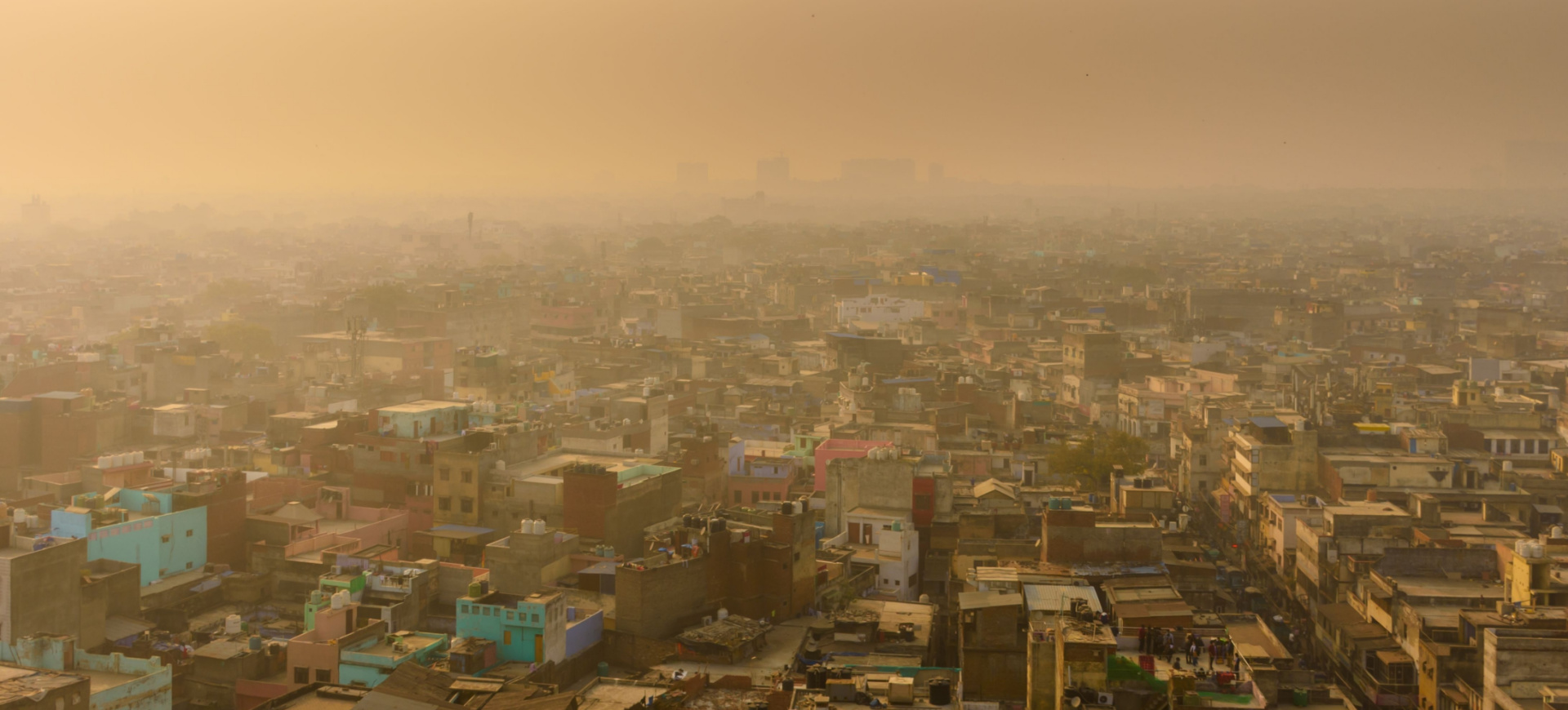India’s stewardship of the G20: the climate challenge
During its first G20 presidency, India speaks on behalf of the Global South when it calls for an end to worrying unilateral measures among some major trading powers and better financing for low-carbon pathways to development
India made a paradigm shift in its position on climate change negotiations, culminating in it playing a big part in the success of the 2015 Paris Agreement. As India’s ambassador to France at the time, I can confirm that this followed from Indian prime minister Narendra Modi’s conviction that India must be part of the global solution on climate change. Indeed, on the sidelines of the Paris meeting Modi launched the International Solar Alliance, which has since grown into a game changer with more than 100 countries signing the framework agreement.
The Climate Change Performance Index 2023 ranks India in eighth position, two positions up from the last edition. Since no country was strong enough in all index categories to achieve a very high rating overall, the top three places are vacant. Thereafter India figures in the top five countries. With India, the United Kingdom (11th) and Germany (16th), only three G20 members are among the high performers. By this reckoning, India may be considered one of the best performers within the G20.
Voice of the Global South
India has taken up the onerous task of trying to be the voice of the Global South during its 2023 G20 presidency. With climate change a major issue for most of the countries in the Global South, India will perhaps make the following points to its fellow G20 members. First, by and large, countries of the Global South are victims of climate change. This is particularly true of the many small island states that face an existential challenge when it comes to climate change. Second, the Global South has barely contributed to the problem in terms of historical greenhouse gas emissions. China is an outlier, since it alone burns more coal than the rest of the world put together. India is in a strange place: it is probably the only major economy that is being told that it must follow a low-carbon pathway to development. India’s nationally determined contributions aim to achieve a low-carbon future, but are understandably conditional on the availability of external finance and access to technology. So, finance and technology are important issues, and will no doubt be highlighted by India. Last, but not least, the loss and damage fund agreed upon at the 27th Conference of the Parties meeting in Egypt in 2022 must be operationalised at the earliest.
On how well the trade and climate regimes have functioned, there is no question that the United Nations Framework Convention on Climate Change has done far better than the World Trade Organization. Since Paris, the UNFCCC has made solid, incremental gains in the fight against climate change. The plurilateral trade and environmental sustainability structured discussions, launched by the WTO in 2020 and co-sponsored by 74 members representing all regions, seems more of a talking shop. However, a multilateral agreement on fisheries subsidies was adopted at the WTO ministerial conference in 2022, although some critical negotiations remain on overfishing and overcapacity.
Unilateral measures
But the most disturbing sign when it comes to trade and climate change is that major trading powers now appear willing to take unilateral measures. Thus, the European Union appears to have decided to introduce a carbon border adjustment mechanism, which it claims is a landmark tool to put a fair price on the carbon emitted during the production of carbon-intensive goods entering the EU, and to encourage cleaner industrial production in non-EU countries. How this will affect countries of the Global South remains to be seen, but it has already evoked fears of protectionism. It would be good if the EU undertook wide-ranging consultations with all stakeholders in the Global South and assured developing countries of technical and financial assistance, along with an adequate transition period.
The G20’s New Delhi Summit must make clear that trade is an important means to achieve prosperity for countries of the Global South. Care must be taken to avoid protectionism in the name of combating climate change. Finance is key and even the Paris commitment of $100 billion per year by developed countries has not yet been met. Technology is crucial, so multilateral development banks and others must find creative new ways to finance low-carbon pathways to development based on green technology.












